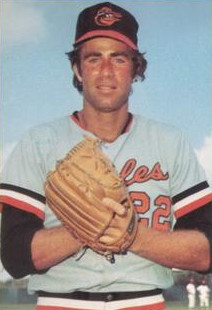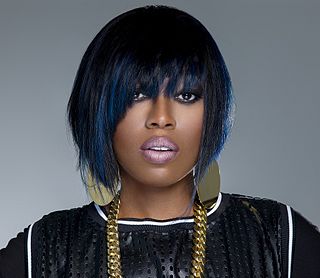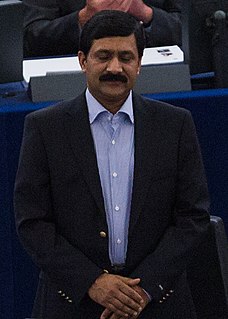A Quote by Jeff Van Gundy
How forthright does the audience want the broadcasters to be? Because when you tell your truth, there's a lot of anger that comes out. I think it's a good question to ask TV people [executives] too. How much truth do they want to be told? How much truth does the league want told? Because the truth isn't just a positive truth. If you're going to tell the truth, you would be telling a lot of positive and some negative.
Related Quotes
Sometimes I don't tell the truth, which is telling the truth about not telling the truth. I think people don't tell the truth when they're afraid that something bad's going to happen if they tell the truth. I say things all the time that I could really get into trouble for, but they kind of blow over.
I don't mean to be insolent. I'm truthful. I tell the truth and the truth sometimes hurts. For instance, you have bad breath, Lieutenant. I can smell it from here. It must offend a lot of people. That's the truth. But how many people have told you that? Instead, they either lie or try to avoid your company.
When I was writing the memoir, every page was a battle with myself because I knew I had to tell the truth. That's what the memoir form demands. I also had to figure out how much of the truth do I tell, how do I make the truth as balanced as I possibly can? How do I make these people as complicated and as human and as unique and as multifaceted as I possibly can? For me, that was the way I attempted to counteract some of that criticism.
I found that most people don't really want to know the truth. There are plenty of people who want to know the truth on their terms or require that the truth be contained within certain boundaries of comfort. But truth can never be known this way. You have to seek truth from a place of not knowing, and that can be a very threatening place because we think we already know the truth or we are afraid of what the truth might be.
[Eugene Smith] was always writing these diatribes about truth, and how he wanted to tell the truth, the truth, the truth. It was a real rebel position. It was kind of like a teenager's position: why can't things be like they should be? Why can't I do what I want? I latched on to that philosophy. One day I snapped, hey, you know, I know a story that no one's ever told, never seen, and I've lived it. It's my own story and my friends' story.
Start telling the truth now and never stop. Begin by telling the truth to yourself about yourself. Then tell the truth to yourself about someone else. Then tell the truth about yourself to another. Then tell the truth about another to that other. Finally, tell the truth to everyone about everything. These are the Five Levels Of Truth Telling. This is the five-fold path to freedom.
You don't want to know the Truth, you want to know the truth as you understand it. This is the greatest barrier to your enlightenment. You think you already know the truth! You think you already understand how it is. So you agree with everything you see or hear or read that falls into the paradigm of your understanding, and reject everything which does not.
It's very difficult to measure the impact on policy of any investigative journalism. You hope it matters to let a little more truth loose in the world, but you can't always be sure it does. You do it because there's a story to be told. I can tell you that the job of trying to tell the truth about people whose job it is to hide the truth is about as complicated and difficult as trying to hide it in the first place.




































